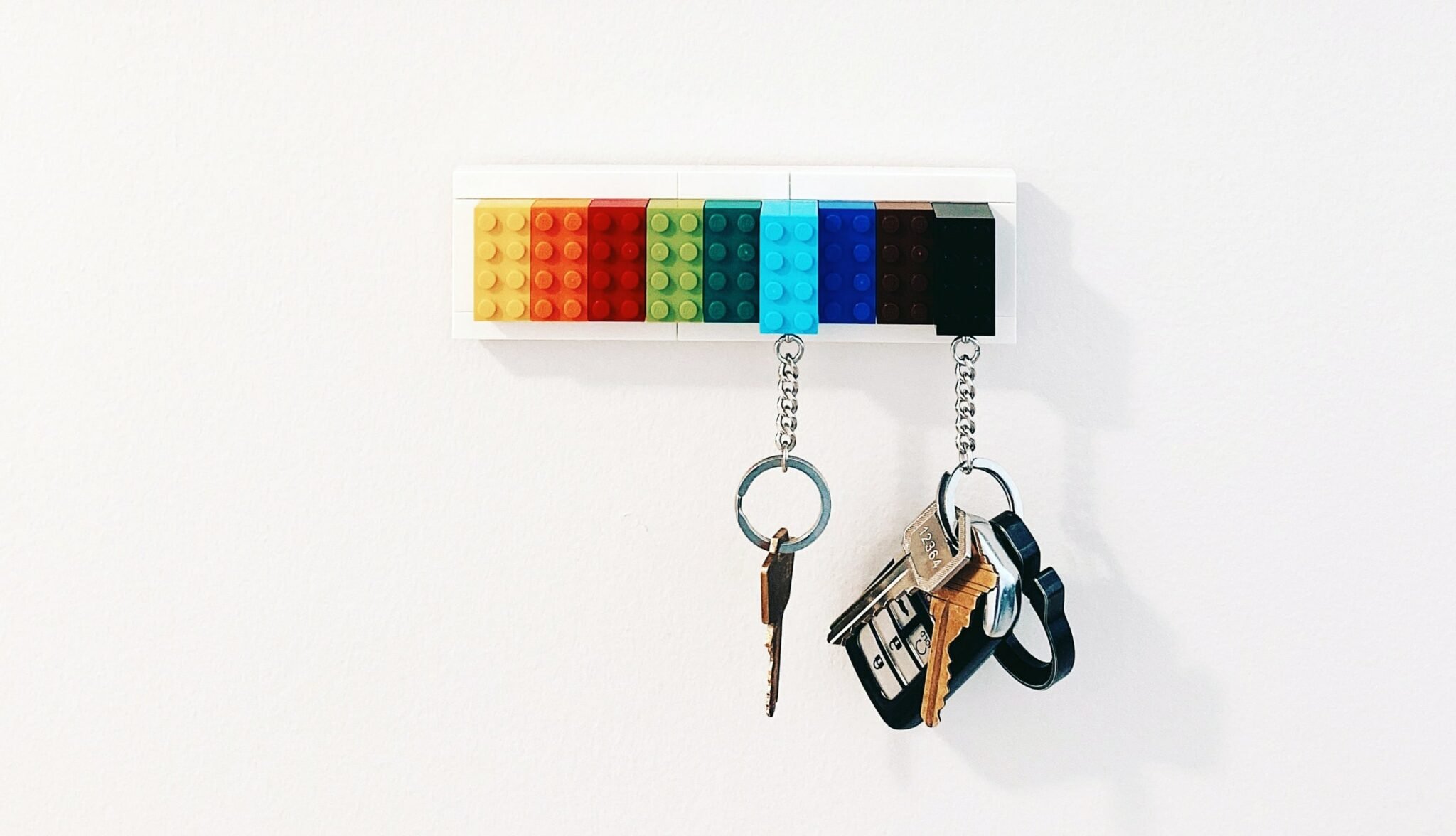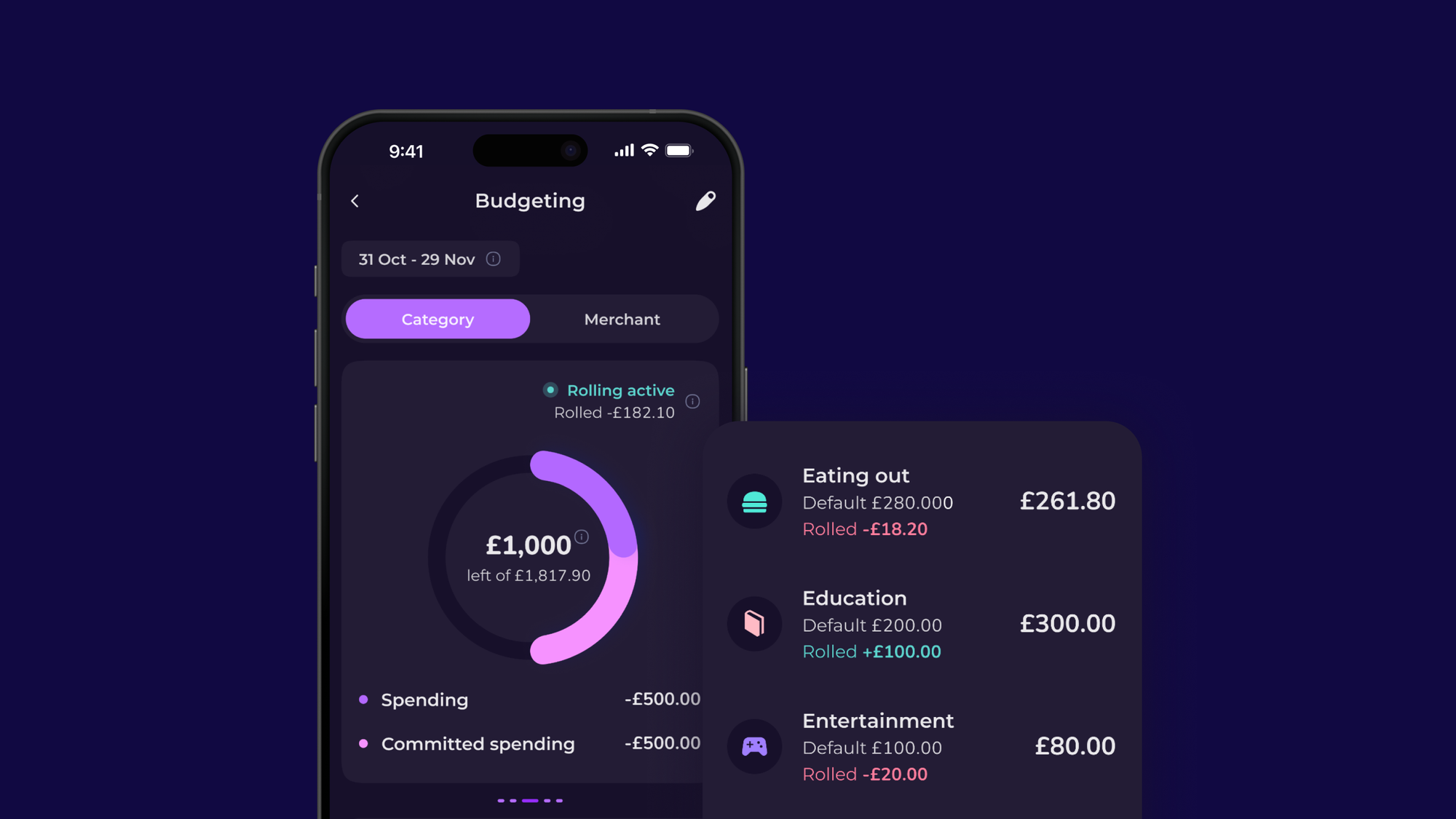FEATURED ARTICLE
Four Schemes That Will Help You Buy A House

Rebekah May
October 28, 2020 •7 min read
TABLE OF CONTENTS
1. Help to Buy Equity Loan
2. Shared Ownership
3. First Homes Scheme
4. Help to Buy ISA & Lifetime ISA
Summary
Here in the UK, owning our own home is a huge aspiration for many and is often seen as one of the big markers of adulthood. One of the biggest reasons people want to buy their own home in the UK is to “provide a sense of security”. With extortionate rent and rising unemployment, it’s easy to see why.
Wanting to buy a house and being able to afford one are completely different things and many of us know it. 59% of Generation Rent (people aged between 18-40) believe that they will never be able to afford to buy.
The Government has therefore introduced a number of schemes under the Affordable Homes Programme, to help first-time buyers get onto the property ladder and combat rising property prices and stagnant wages.
Let’s take a look at how each scheme works and whether they could help you buy a house.
1. Help to Buy Equity Loan
The Help to Buy Equity Loan, introduced in 2013, is designed to help people that are struggling to save for a deposit. The scheme will help you buy a house by providing an equity loan worth up to 20% of the property’s value. Or up to 40% if you're in London.
The scheme is currently available to both first-time buyers and current homeowners. However, from April 2021 it will only be available to first-time buyers.
It sounds like a good deal right? So what’s the catch? It turns out there are a few. For starters, the loan can only be used to buy new build properties that fall under the scheme.
In order to find these homes, you’ll need to take a look at your local Help to Buy agents website. The property can cost no more than £600,000 and you will need to have a deposit of at least 5%. The loan can be up to £120,000 (20% of £600k), or £240,000 in London (40% of £600k).
Here are a couple of examples to see how the numbers work in practice:
Outside of London
For a property costing £400,000, you would need a deposit of at least £20,000 (5%). Help to Buy Equity Loan of 20% would give you an additional £80,000 towards the property. This would leave an outstanding £300,000 to be covered by the mortgage. This would require a salary (individual or joint) of £66,000, assuming a 4.5x salary mortgage.
Inside London
For a property costing £600,000, you would need a deposit of at least £30,000 (5%). Help to Buy Equity Loan of 40% would give you an additional £240,000 towards the property. This would leave an outstanding £330,000 to be covered by the mortgage. This would require a salary (individual or joint) of £73,000, assuming a 4.5x salary mortgage.

Repaying Your Equity Loan
Repaying the equity loan can be confusing. For the first five years, the loan is completely interest-free and you are only required to pay a £1 management fee per month.
Year six is where things get more complex. You have to pay a monthly interest fee of 1.75% of the equity loan, on top of the monthly management fee. The interest rate then increases by the Retail Price Index (RPI) every year.
If you want to pay off your equity loan and therefore increase your stake in the property, you must repay at least 10% of the property value... A substantial amount, particularly if you have purchased a £600k home.
When it comes to repaying the loan or selling your home, the government are entitled to their stake of the current value. This means that if the value of your home increases, so does the amount the Government takes.
Let’s take the outside of London example we looked at before. You purchase a £400k property with an £80k equity loan. In three years you haven't made any repayments. If you then decide that you want to move and sell your property if the value has increased by £50K the government's stake would now be £90K, (20% of £450k), meaning you have “lost” a potential £10k profit.
While it definitely has its cons, the scheme gives a lot of people that wouldn’t normally be able to save a deposit the chance to buy a home. It also reduces monthly payments for the first five years by allowing buyers to get a smaller mortgage. As long as you’re fully aware of the long term costs, or plan to move within 5 years, The Equity Loan Scheme could be a great option for many.
On the 31st March 2023, the Help To Buy equity loan will end. If you think this could be of use to you, get saving!

2. Shared Ownership
Shared ownership involves buying a share of a property, between 25% and 75%, and then paying rent on the part you don’t own.
In order to be eligible, you must either be a first-time buyer or not be able to afford to buy your own home outright. On top of this, you can’t earn more than £80,000, or £90,000 in London.
A massive draw to shared ownership is the reduced deposit. A smaller deposit can help you buy a house much faster. If you are purchasing a 25% stake in a £300k home (£75k), you’d only need to put down a deposit on that share. This means that you only have to pay 5% or 10% of £75k (£3,750 or £7,500).
Rent for the property is usually set at around 3% of the outstanding equity. On that £300k home, with outstanding equity of £225k, rent would be around £6,750 for the year. With a shared ownership property you can expect to pay a service charge on top of rent to pay.
Another important point to note is that shared ownership properties are usually leaseholds, meaning that you do not own the land that the property is on.
Paying rent and mortgage might put some people off. However, it could work out cheaper than renting or having a full mortgage, depending on where you live and your circumstances.
3. First Homes Scheme
While it hasn’t actually been launched yet, the First Homes Scheme was first announced in November 2019. If launched, it will be the latest scheme that seeks to help first-time buyers get on the property ladder.
Similar to Help to Buy, it will apply to certain new-build flats and houses. It will mean they are sold at a discount of at least 30% of market value. However, local planning authorities will be able to increase this discount to 50% in areas of “very high” property prices. (No prizes for guessing which cities this would be).
When the owner of a property purchased through First Homes decides to sell, the discount will be passed on to the next buyer. This is to help more people onto the property ladder. In theory, this will mean that the homes are always below market value; allowing people within the community and key workers to benefit from the scheme for years to come.
As well as first time buyers, the scheme will be made available to army veterans and key workers. Such as NHS nurses and teachers. Although they can't earn more than £80,000, or £90,000 in London.
Properties on the scheme will be subject to price caps on the initial sale. With post discount caps of £250k in England and £420k in London.
While there has been no official date announced to launch, a pilot of 1,500 homes is planned to be launched in 2021. This is definitely one to keep an eye on!
https://emma-app.com/blog/2020/10/16/understanding-the-different-types-of-mortgages-in-the-uk/
4. Help to Buy ISA & Lifetime ISA
Other schemes that can help you buy a house are the Help To Buy ISA and the Lifetime ISA. Both the Lifetime and Help to Buy ISAs are savings products that allow you to save and invest your money tax free.
The Lifetime ISA (LISA) is a savings product that is aimed at helping people to either buy their first home or retire. You have to be between 18 and 39 to open one. You'll then receive a government bonus of 25% on your deposits each year, up to a maximum of £4,000 deposited.
If you were to deposit the maximum amount each year you could receive a bonus of £32,000 from the government. If you decide to use the LISA to buy your first home then the property can’t cost more than £450,000.
The Help to Buy ISA is very similar to the Lifetime ISA but is focused solely on assisting first time buyers getting onto the property ladder. As with the LISA, the government will pay a 25% bonus, however the maximum bonus is only £3,000. The Help to Buy ISA has a property cap of £250,000 in England and £450,000 in the UK.
The potential £32,000 bonus is a great attraction to the LISA but it would require saving £4,000 a year for 32 years, which reduces it’s appeal if you want to buy in the shorter term.
Summary
Hopefully, this has provided some insight into the different schemes available to help you buy a house. Each of these schemes have their own pros and cons. Deciding which one is right for you (if any) is down to your individual circumstances and aspirations. Happy (house) hunting!
This article has been written by Shaq, founder of Millennial Money. Millennial Money is a multi-media channel that sources, creates, and disseminates easily digestible content relating to personal finance. Find out more about Millennial Money by visiting their Instagram account, or heading to their website.
You may also like
Check out these related blog posts for more tips
© 2025 Emma Technologies Ltd. All Rights Reserved.
Emma is registered and incorporated in England and Wales.
Emma Technologies Ltd is an appointed representative of RiskSave Technologies Ltd, which is authorised and regulated by the Financial Conduct Authority (FRN 775330).
Payment services (Non MIFID or Deposit related products) for Emma Technologies Ltd are provided by The Currency Cloud Limited. Registered in England No. 06323311. Registered Office: Stewardship Building 1st Floor, 12 Steward Street London E1 6FQ. The Currency Cloud Limited is authorised by the Financial Conduct Authority under the Electronic Money Regulations 2011 for the issuing of electronic money (FRN: 900199). For more detail on how your money is protected please see here. You can also find Currency Cloud's Terms of Use here.
Emma Technologies is an Introducer Appointed Representative of Quint Group Limited and not a lender. Quint Group Limited is authorised and regulated by the Financial Conduct Authority (Firm Reference Number 669450). Monevo Limited is an Appointed Representative of TransUnion International UK Limited. TransUnion is authorised and regulated by the Financial Conduct Authority (Firm Reference Number 737740). Emma Technologies introduces customers first to Quint Group Limited, as a licensed credit broker, who then refers on to Monevo Limited.
Emma is registered with the Financial Conduct Authority under the Payment Services Regulations 2017 for the provision of payment services.
Financial Conduct Authority Reg Nr: 794952.
Company Registration Number: 10578464.
Data Protection Registration Number: ZA241546.
All testimonials, reviews, opinions or case studies presented on our website may not be indicative of all customers. Results may vary and customers agree to proceed at their own risk.
Resources: Cancel subscriptions, Cashback offers, Who charged me, Rent Reporting, Budgeting, Investment universe, Emma vs Moneyhub.
Featured cashback offers: Samsung, SimplyCook, NordVPN, Audible, M&S Homeware.









